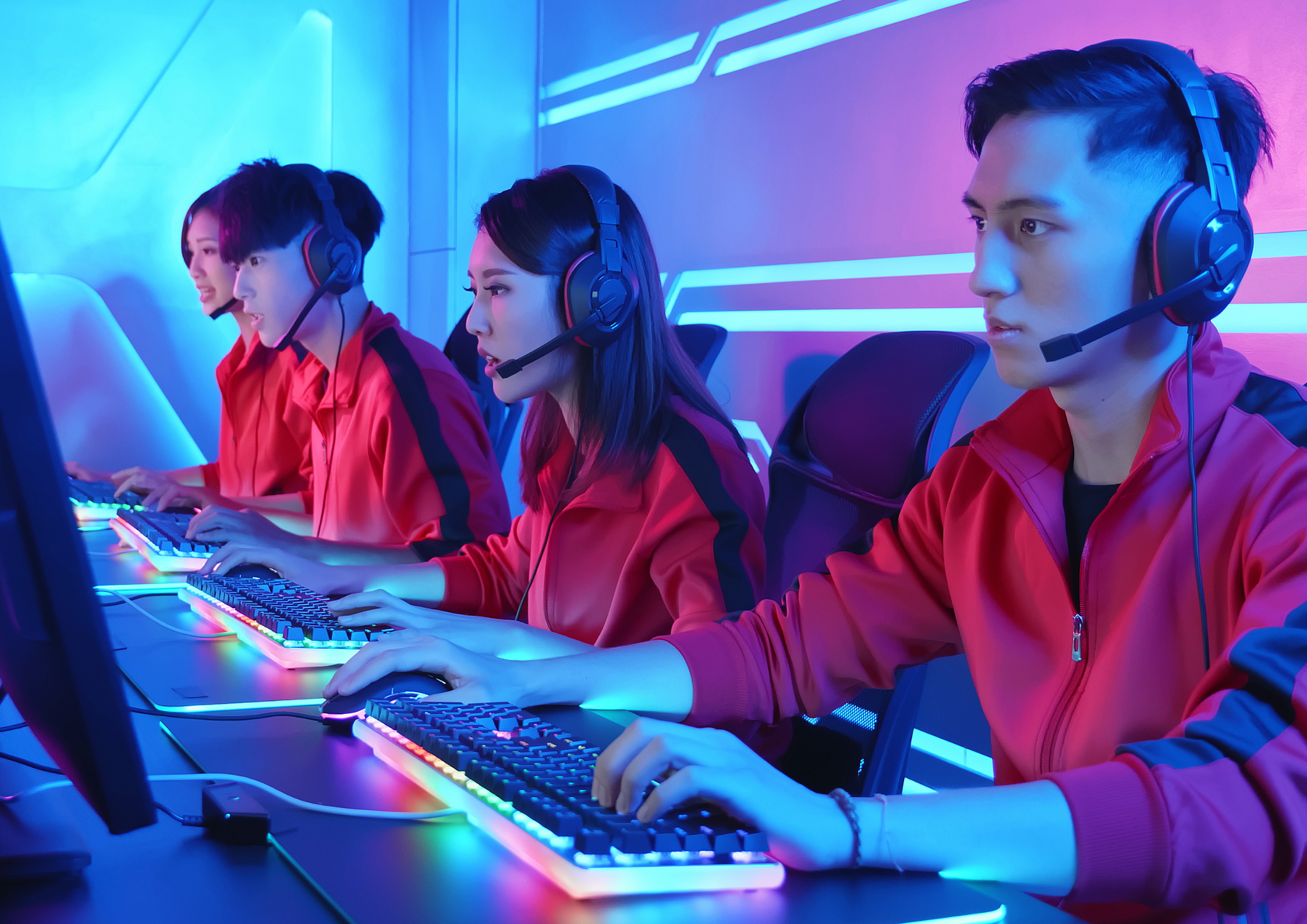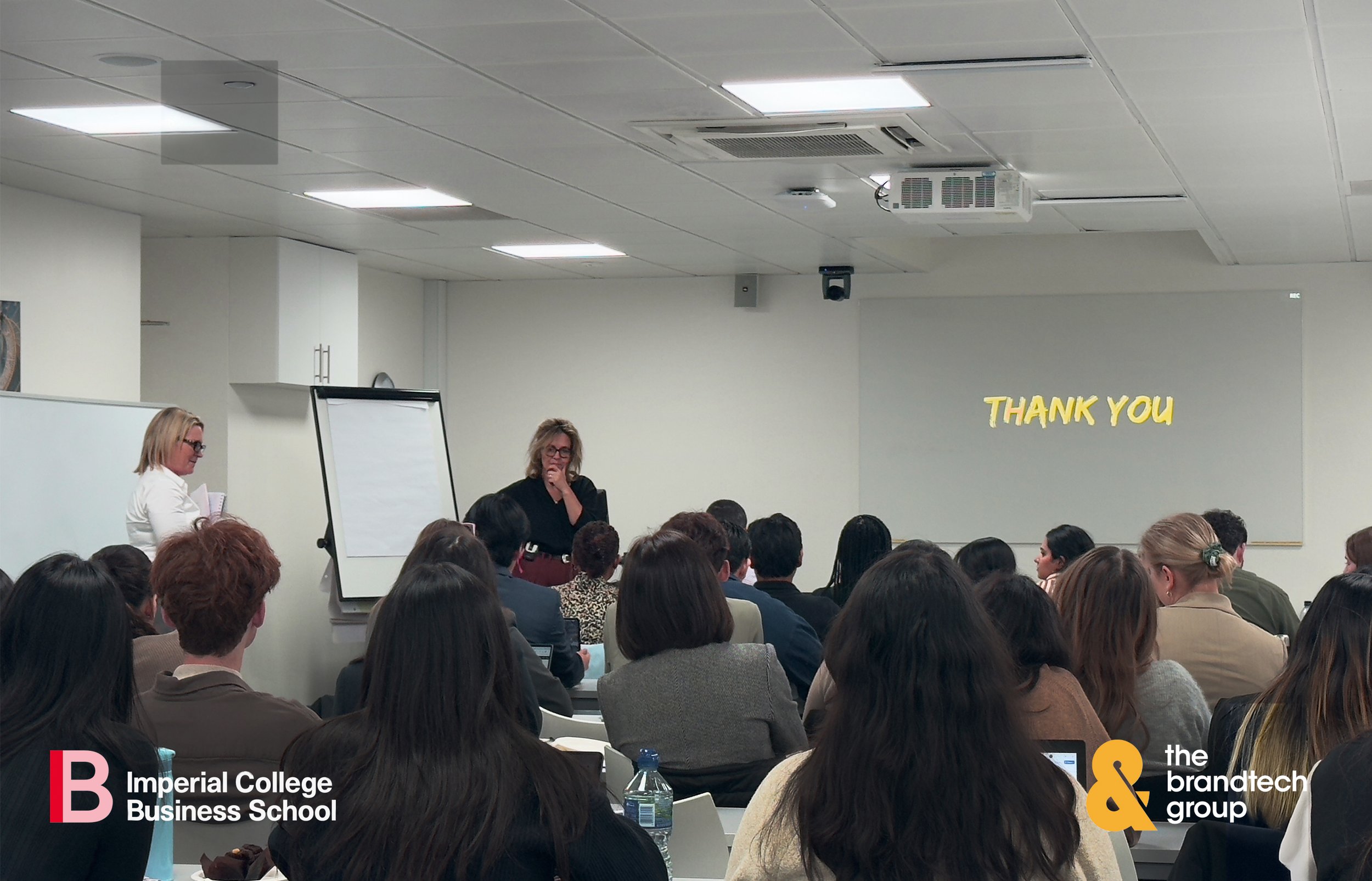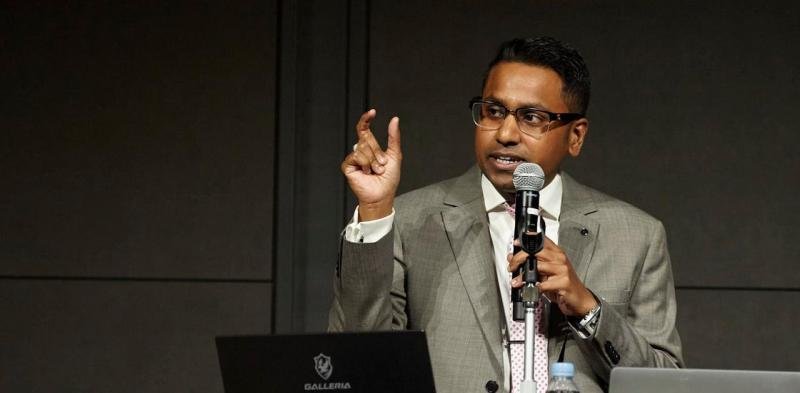ITRI hosts AI technology camp for disadvantaged children in Hualien, promoting STEM education
The Industrial Technology Research Institute (ITRI) has wrapped up its 13th annual technology camp for children in Hualien, Taiwan.
This year’s event, themed AI Magic: Protecting Our Homes, took place in collaboration with the American Institute in Taiwan (AIT), the Hualien County Government, the Tzu Chi Charity Foundation, and Tzu Chi University.
The camp’s focus was on using technology to aid in disaster prevention and response, with particular attention to the importance of science and innovation in areas vulnerable to natural disasters like earthquakes.
In light of the earthquake that struck Hualien in April 2024, this year’s programme aimed to introduce children from disadvantaged backgrounds, Indigenous communities, and immigrant families to the role technology can play in responding to natural disasters. The participants explored ITRI's OMEGA ZONE, where they interacted with cutting-edge technology, including generative AI image recognition systems and AI-assisted drones.
The hands-on activities illustrated how advancements in technology can be applied to real-world disaster detection and management scenarios.
The annual camp seeks to make science and technology accessible to young learners, particularly those from underprivileged groups. ITRI Vice President, Chief Sustainability Officer, and Public Welfare Committee Chairwoman, Ta-An Ho, emphasised the institute’s commitment to promoting science education.
“In alignment with the United Nations' Sustainable Development Goals (SDGs), particularly SDG 4 on Quality Education, ITRI ensures that children from disadvantaged groups have equal access to technology knowledge and skills," Ho stated.
The event continued a long-standing partnership between ITRI and AIT, with both organisations working together to expand access to STEM (science, technology, engineering, and mathematics) education in eastern Taiwan.
Shu-Min Weng, Director of the Hualien County Government Department of Education, acknowledged the efforts of volunteers who guided students through the interactive experiences. “The hands-on activities help children understand how the concepts they learn in school can be applied in real life,” said Weng.
The Tzu Chi Charity Foundation also played a significant role in organising the camp. Known for its work in rural education, the foundation has been instrumental in broadening students’ exposure to science and technology in the Hualien and Taitung regions.
Ingrid Y. Liu, President of Tzu Chi University, expressed her enthusiasm for future collaborations with ITRI. “Our goal is to support local educators and volunteers by enhancing their teaching skills, ensuring that more students have access to the educational resources they need,” Liu explained.
This year's camp offered various activities designed to foster creative problem-solving and critical thinking. These included flying AI-assisted drones, creating AI-generated artwork, and designing pressure-resistant structures such as buildings or bridges. Through these exercises, students applied interdisciplinary knowledge from fields such as AI, engineering, and mathematics, encouraging both logical thinking and artistic expression.
"Inspiring young minds through technology and equipping them with the tools to tackle real-world challenges is vital for the future. We’re thrilled to be part of this journey with the children of Hualien,” said Ho, reinforcing the institute's ongoing dedication to youth education and STEM innovation.





















